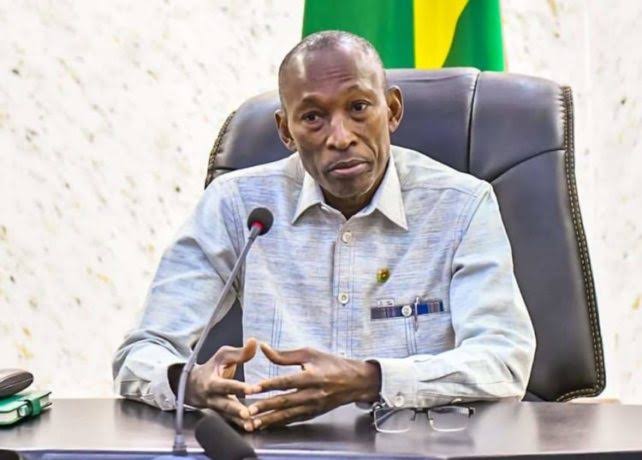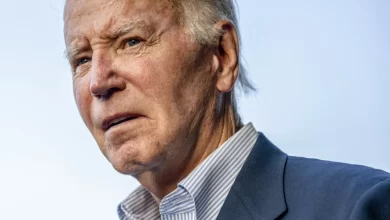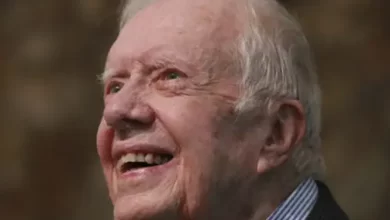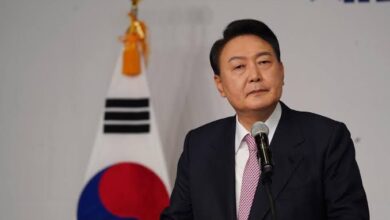Burkina Faso’s Military Leadership Dissolves Government Amid Shifting Alliances

Burkina Faso’s military leader, Captain Ibrahim Traoré, has dismissed Prime Minister Apollinaire Joachim Kyelem de Tambela and dissolved the government, according to a presidential decree transmitted on Friday. The decision, effective immediately, provides no explanation but marks a significant shakeup in the nation’s leadership. Tambela, appointed in October 2022 following Traoré’s coup, had survived three cabinet reshuffles during his tenure.
The decree stated that government members would oversee ongoing affairs until a new administration is established. This move underscores the instability plaguing Burkina Faso since the January 2022 coup that ousted President Roch Marc Christian Kaboré. Lieutenant-Colonel Paul-Henri Sandaogo Damiba initially seized power before being overthrown by Traoré, who, at 36, leads the current junta.
A Shift Towards Sovereignty and Strategic Alliances
Traoré’s regime has prioritized reclaiming national sovereignty and distancing Burkina Faso from Western powers, particularly its former colonial ruler, France. This stance has seen Burkina Faso join Mali and Niger—two other Sahel nations under military rule—to form the Alliance of Sahel States (AES) in September 2023. These nations have severed ties with France, aligning instead with Russia, which is seen as a “better-suited” ally by Burkina Faso’s Foreign Minister Karamoko Jean-Marie Traoré.
The three nations also withdrew from the Economic Community of West African States (ECOWAS) in January, accusing it of being influenced by France. Their pivot towards Russia includes military cooperation, with Moscow dispatching instructors to assist in combating Islamist insurgencies.
A Region Marred by Conflict
Burkina Faso, along with its Sahel allies, continues to grapple with jihadist violence that originated in Mali in 2012 and spread across the region. The conflict, which has displaced over two million people in Burkina Faso alone, has claimed more than 26,000 lives since 2015. The nation’s leadership sees its strategic pivot as a means to better address these challenges, though the effectiveness of these partnerships remains a subject of international scrutiny.
Implications for the Region
The dissolution of Burkina Faso’s government comes as the country navigates a volatile geopolitical landscape marked by shifting alliances and internal instability. Traoré’s latest move signals a potential recalibration of his regime’s strategy but also raises questions about the long-term governance and stability of the Sahel region. With growing tensions between Western powers and nations aligning with Russia, Burkina Faso’s decisions could significantly impact the regional balance of power.



